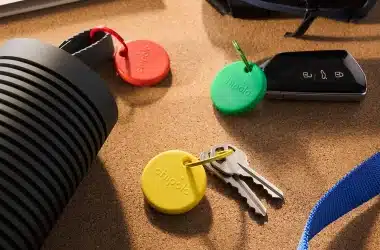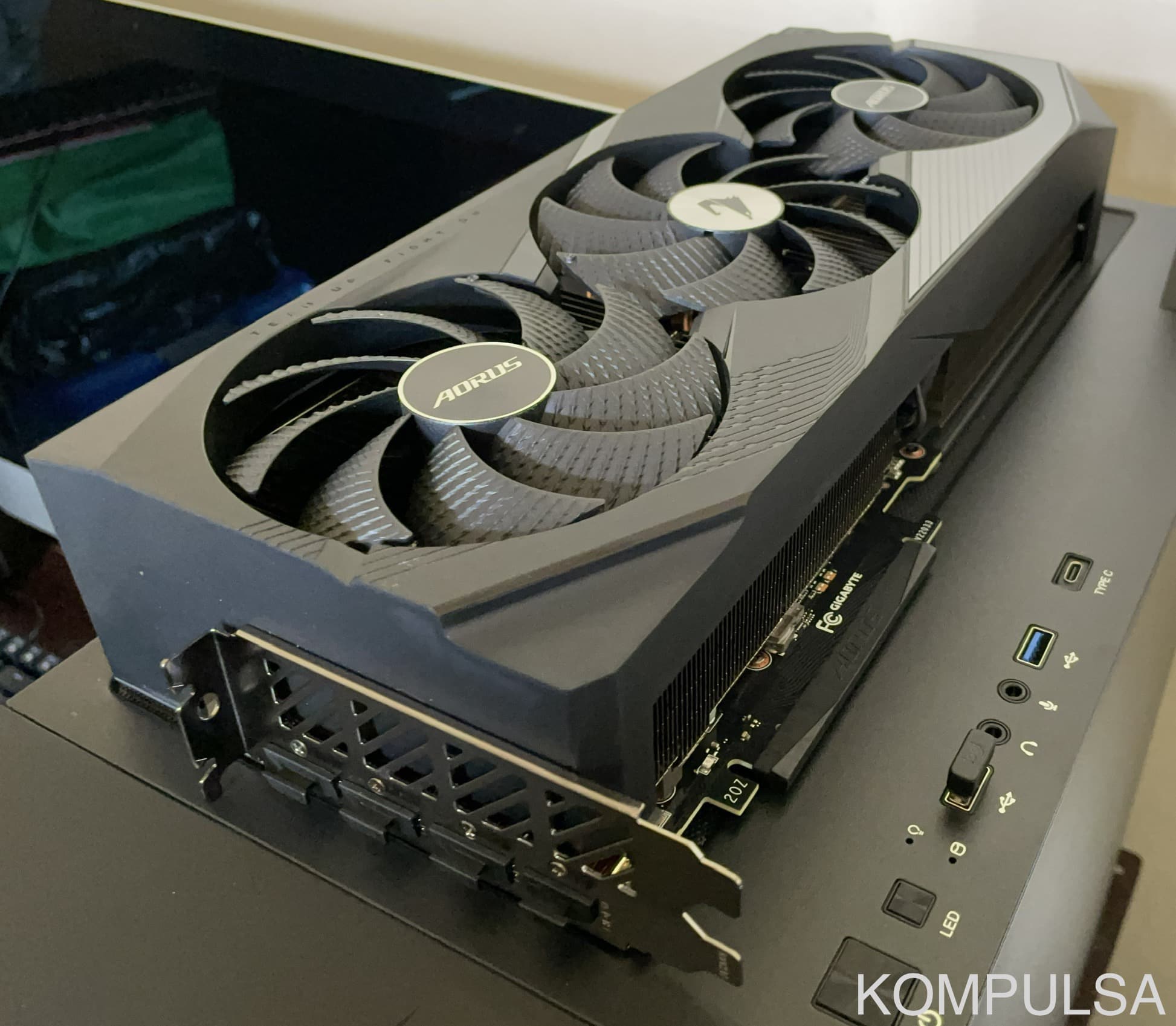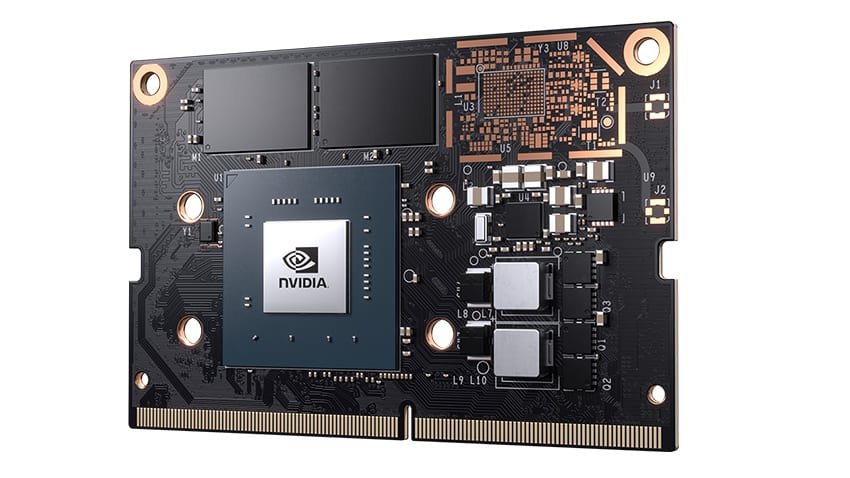People used to look at my phone and say ‘Wow! It still looks good’. Comments on my tablet include: ‘It still looks nice and new’ (after 2 1/2 years of heavy usage).
Leaving Electronics On Shortens Their Lifespan
Leaving electronics on when you’re not using them is not only a waste of energy, but it will shorten their lifespan due to the heat they generate. This normal phenomenon is not overheating, but heat gradually wears them out.
As someone who has been viewing the technical specifications of electronics’ components for years, I learned that there is a clear correlation between usage and the lifespan of nearly every technology because every electronic component in your device (transistors, etc) has a lifespan measured in hours of usage.
Personal experience confirmed this for me as well. My electronics run strong for more than 8 years, while all the others I see left on typically last only a few years.
Portable Electronics Need Cases, And Not just Any Case
As Max Knoblauch said on Mashable: Carrying electronics without a case poses a great risk of damage to your screen and device corners.
There is typically a large assortment of cases in stores, which means that you should really take the time to pick the best one for you. For every store that has too few options, I encourage you to leave and stop by another one with more options.
I have seen cases increase the risk of phone damage, which sounds ridiculous, but there is a right and wrong way to do almost everything.
I know that some people like sleeve cases which you can slide your phone in and out of, but that type has caused more damage than any case i’ve seen. This is because the awkward way in which it requires you to access your phone increases the likelihood of it slipping out of your fingers (you usually have to pull the phone out by its edge).
This type of case also doesn’t offer much protection because you have to take the phone out of it to use it, exposing it to all the dangers. While it is in your pocket, your phone will be fine with or without a case, as long as you don’t have any other objects (such as keys) in the same pocket or handbag compartment.
Use a case that you can use the phone or tablet in, and ideally, it would contain a little padding or rubber to help absorb energy from falls and minimize shock to the device.
Falls, And How To Avoid Them
Each little fall causes a small amount of damage. Every time you drop a phone, a hairline crack in a solder connection or a chip may get bigger, and after a few drops, it will finally break.
Buying a case isn’t all you can do to protect your devices from this. For the sake of your mental health, and your devices’ longevity:
Don’t carry them on every visit to the bathroom, or kitchen, and you should really put them away during conversations so you can better communicate with the person, and to reduce your chances of dropping them.
Leaving Electronics On In The Hot Car (Without A/C)
The temperature in a car can soar to 138 °F after spending only 90 minutes in the sun. Electronics already barely stay within their temperature limitations under normal, hot, circumstances when they’re turned on. This is because their high performance technology is crammed into a tiny package.
Leaving them on when they’re in a hot car can cause overheating because the heat in the car adds to the great deal of heat that they already generate. This may even lead to battery explosions.
Improper Damage Control
Don’t try to turn electronics on after they get wet. They must be dried thoroughly first. My water damage repair article will explain how to do this.
For reference articles explaining how various technologies work, how to guides, and more, visit the technology section.






